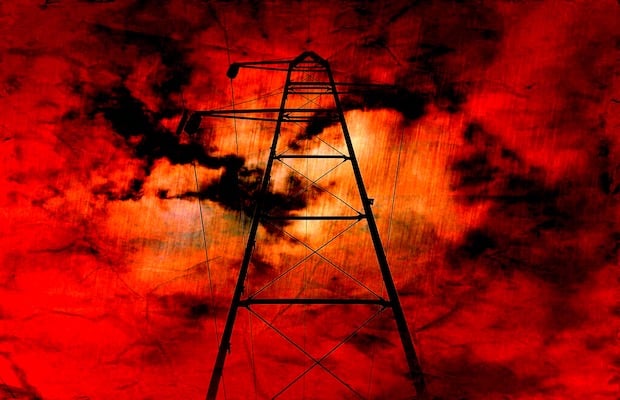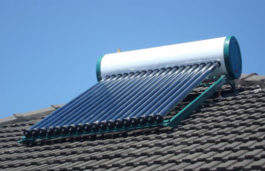
Power sector employees have held nationwide protests against the government’s decision to privatise Discoms, AIPEF has said.
Power sector employees on November 26, 2020, held nationwide protests against the government’s decision to privatise Discoms, the All India Power Engineers Federation (AIPEF) has said. They also demanded the withdrawal of Electricity (Amendment) Bill 2020 and scrapping of the standard bidding document (SBD).
“Lakhs of power sector employees including engineers, today held nationwide protests seeking the withdrawal of Electricity (Amendment) Bill 2020, scrapping of SBD and opposed the privatisation of power distribution companies (discoms) in states and union territories,” AIPEF spokesperson V K Gupta said in a statement.
Gupta said protest meetings were held in all the states and union territories, including Uttar Pradesh, Punjab, Haryana, Jammu & Kashmir, Maharashtra, Telangana, Tamil Nadu, West Bengal, Gujarat, Madhya Pradesh, Assam, among others. He noted that the power engineers did not join the strike called by ten central trade unions and just staged a simple protest to highlight their issues.
Gupta claimed that the government is hell-bent on creating private monopolies in the power sector with the sole motive of helping corporate houses. The SBD document proposes that Discoms in all the states and union territories undertake privatisation.
The state government will provide subsidised bulk power for the successor entity for making it an independently financially viable entity. The assets of Discoms will be leased on a token payment. The federation opposes the proposed transfer of public assets to the private sector as this will result in a high tariff for the consumers, he said.
The AIPEF also demanded the withdrawal of the process of privatisation of electricity in states and union territories and cancels all existing privatisation and franchises in the power sector. He claimed that the Centre is grossly misleading the public by saying that the electricity will be cheaper after privatisation.
The private Discoms are allowed to take a minimum of 16 percent profit, which would increase the power tariff to almost Rs 10 per unit for consumers.
The central government was looking at abolishing the subsidy and cross-subsidy in the supply of electricity, which would make the commodity more expensive for the general consumer categories and cheaper for industrial consumers, the statement said. The provisions in the draft Electricity Amendment Bill to allow private franchisees or sub-licensee will only lead to cherry-picking of remunerative areas affecting the financial viability of the Discoms, it added.
Gupta noted that the privatisation and urban distribution franchisee model have miserably failed in all the places.
Regarding direct benefit transfer of the subsidy to consumers, the state governments must have the freedom to adopt payment of subsidy as per their requirements, AIPEF said.
Privatisation of electricity Discom in Chandigarh has been opposed by the consumers and resident welfare associations as well as political parties. The Puducherry government has also strongly opposed the privatisation of electricity, it added.



























